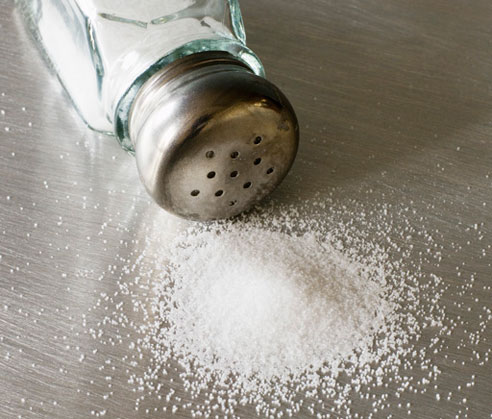My 3 favourite coffee substitutes
I love coffee - the taste, the smell, the resultant 'hit'.... but I can't drink it every day. It makes me too wired and anxious and it effects my sleep. Sigh. So I've had to resort to a few other winter warming substitutes. Here are 3 of my favourites: Dandy latte
Dandelion root has a slightly bitter taste like coffee. For the nutrition benefits of dandelion root click here. I buy dandelion root either from OVVIO - The Organic Liefstyle Store or less frequently the Bonvit brand (sold at various organic/health stores and at Woollies supermarket). Bonvit is sold either finely ground or medium ground. The medium ground is much coarser needs to be infused in a bodum. Simply add 1-2 teaspoons in a bodum, pour in 1 cup boiling water and infuse. Pour into a mug and if desired add milk and raw honey. The finely ground root can be made 2 ways:
1. like an instant coffee by simply adding 1-2 teaspoons in a mug and adding 1 cup of boiling water. Add milk and raw honey if desired; or
2. like a latte. This is my favourite as its richer/creamier and more akin to a cafe latte. Dissolve 1-2 teaspoons of finely ground dandelion root in a saucepan and add a small amount of boiling water to dissolve. Add 1 cup of whole milk, a good sprinkling of cinnamon powder and a sprinkling of vanilla bean powder. You can add some raw honey if you require some extra sweetness.
Heat gently until warm (do not boil) and blend using a hand held blender.
Pour into a mug. Dust with nutmeg and extra cinnamon powder on top.
When I served this recently to my friend Natasha she declared "This is the best milky drink I've ever had!!". I think this is undeservedly high praise but the fact that our 3 collective children hijacked our dandy lattes shows that the drink is coveted by young and old.
Herbal chai tea
I grew up on a tea my mother would make with cinnamon bark, cloves and aniseed. I guess it's the Greek version of a herbal Indian Chai tea (without the black tea leaves). My mum calls it "Ygliganiso" (pronounced in a way that only someone with Mediterranian heritage could muster- a sounds that comes from deep in the back of your throat). Using my mum's tea as inspiration and adding a few more spices over the years I now make up my own blend as follows:
3x cinnamon quills (broken into small pieces)
½ tablespoon cloves
½ tablespoon aniseed
½ tablespoon star anise (broken into small pieces)
3 tablespoons fennel
3 tablespoons ginger root
4 cardamon pods
Mix spices and store in glass jar in cool place. Add 1 teaspoon per cup into a teapot or bodum and infuse with boiling water. Serve with milk (for a milky chai tea, which I prefer), and if desired a little raw honey.
I typically serve this when friends/guests come over. It's always a winner at dinner parties after dessert. My kids love it in sippy cups with lots of milk to cool it down. I have found that this is sometimes the easiest way to get fluids into them in winter when they don't feel like drinking cold water. I find these herbs have a very calming effect on the nervous system so its a wonderful tea for children as well as adults.
Chilli orange hot chocolate
I got this idea from Max Brenner a decade ago but of course I only use real chocolate (unprocessed fermented raw cacao powder). Orange and chocolate combine to make a jaffa-like taste (remember those little orange balls from your childhood??).
In a small saucepan add:
1 cup of whole milk or coconut milk
the rind from 1/2 an orange (use a lemon zester)
2 teaspoons raw cacao powder (I like the Loving Earth brand)
a sprinkling of chilli powder (depending on how spicy you like it)
Heat gently until warm (do not boil) and blend using a hand held blender.
Pour into a mug. You can dust some extra raw cacao powder on top. My husband took a sip to try it this week then claimed it as his own. Typical.
I buy my organic herbs and spices from OVVIO- The Organic Lifestyle Store at Paddington 5 ways or from an organic wholesaler. I try to buy organic herbs and spices as conventional ones are typically irradiated and /or sprayed.
These 3 drinks are also a great way of consuming non-diuretic beverages in winter when you just don't feel like drinking boring old cold water!! (note- dandelion root is slightly diuretic but less so than coffee).
So make yourself a cup of tea/hot chocolate.... and sit back and relax!! What are your favourite coffee substitutes??




